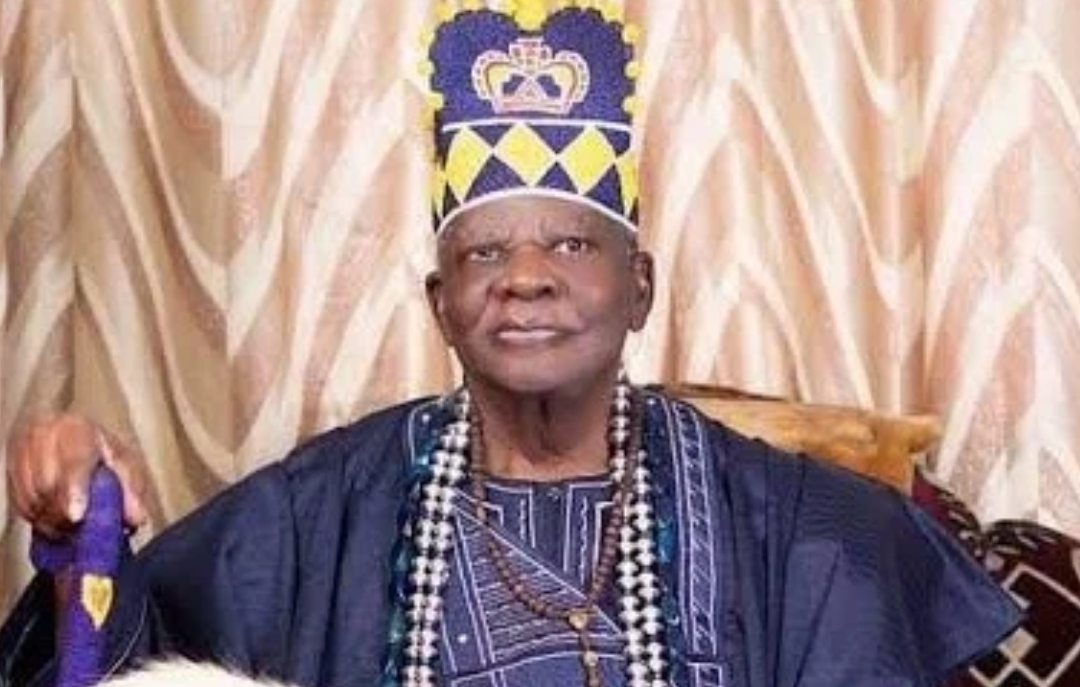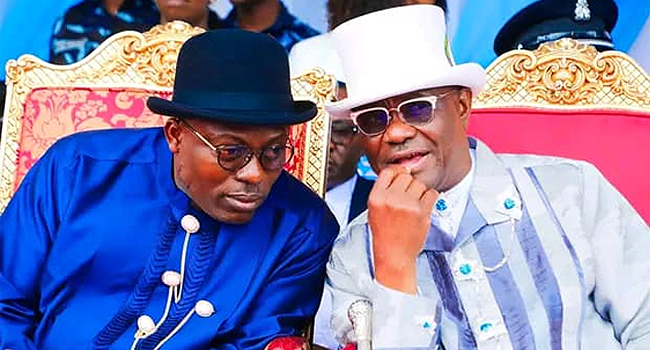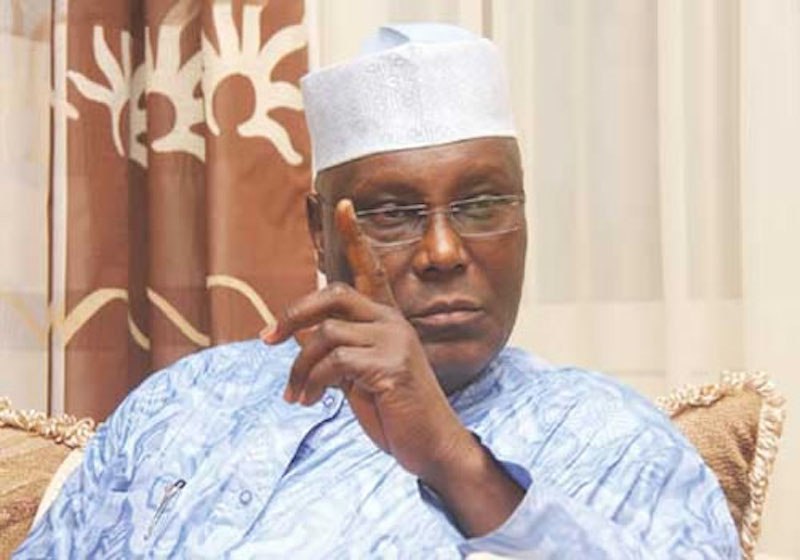By Eric Elezuo
The combined powers of the Nigerian Labour Congress (NLC) and the Trade Union Congress (TUC) is being put to test as the umbrella bodies of all labour unions in the country is set to called out its members for the mother of all strikes in protest of the hike in petrol price and electricity tariffs by the Federal Government of Nigeria and refusal to effect a reversal.
The labour movements said they would work together with their affiliate members to execute the industrial action for maximum effect beginning from Monday, september 28, 2020. This is after a two-week ultimatum handed down to the FG by the Central Working Committee has expired.
The decision to embark on the strike was taken after reviewing a meeting that took place between the government and organised labour on September 15, where the NLC was represented by 14 of its leaders. The National Executive Council of the NLC comprising the chairpersons of the 36 states and the Federal Capital Territory therefore endorsed the decision.
According to the NLC President, Ayuba Wabba, the body resolved to reject in its entirety the hike in electricity tariffs by almost 100 per cent as well as the fuel price increase ‘in the name of full deregulation’.
He said the resolution was premised on the twin decisions alongside other policies of government including the increase in Value Added Tax by 7.5 per cent, numerous charges by commercial banks on depositors without any explanation, which he said would further impoverish Nigerian workers and their families. In addition to privatisation of the electricity sub-sector.
In the same vein, the TUC, also held a meeting in Lagos and resolved to collaborate with the NLC and the civil society allies to execute the decision.
The TUC President, Quadri Olaleye and Secretary-General, Musa Lawal, said the ultimatum issued to the government which should have expired by midnight of Tuesday had been extended to September 28 ‘for maximum effect’.
“Consequent upon this, the ultimatum which should expire by midnight of today 22nd September 2020 has been shifted to 28th September 2020 for maximum effect,” he said.
Both movements agreed that the increments, coming in the midst of the COVID-19 pandemic, was not only ill-timed, but also counterproductive and called on Nigerians, especially those in the informal sector, to bear with them while the industrial action would last.
Expressing the displeasure of the NLC, Wabba stated that “Whereas, the entire sector was sold at about N400 billion, we are also surprised that government within the last four years injected N1.5 trillion over and above the amount that accrued from these important assets.”
But the Federal Government is fighting tooth and nail to see that the civil action intended to put the government on their toes did not hold. The spokesman, Federal Ministry of Labour and Employment, Mr Charles Akpan, told The Punch that the government would soon hold discussions with the labour leaders to address their demands. The government has gone ahead to obtain a court injunction restricting the labour movements from holding any form of strike or protest. But the unions are determined to disregard the court order.
The Federal Government had cited dwindling revenue as reason for opting out of payment of subsidies on petrol and electricity. The development increased prices of products by over 100 per cent.
Speaking at the National Executive Council (NEC) in Abuja, Minister of Labour and Employment, Dr. Chris Ngige, said the meeting, which had the Secretary to the Government of the Federation (SGF), Boss Mustapha, and Minster of Information and National Orientation, Lai Mohammed, in attendance, was expanded following the urgency of the strike notice the NLC served the Federal Government.
“You can see that we have expanded the meeting to include the SGF and Minister of Information due to a letter we received from labour. It is incumbent on us in the ministry to initiate a dialogue process,” he said.
He added there were specific issues listed in the communiqué issued by labour and government was already addressing some of those issues so that nobody would be in the mood to go on strike.
Again, Justice Ibrahim Galadima of the National Industrial Court, had issued an interim order following an ex-parte application filed by a group, Peace and Unity Ambassadors Association through their counsel, Sunusi Musa, ordering the labour unions, their officers, and affiliate groups to halt the plan to embark on the strike pending the hearing and determination of the motion on notice filed by the applicant.
The judge also granted an order of interim injunction restraining the unions from disrupting, restraining, picketing or preventing the workers or ordinary Nigerians from accessing their offices to carry out their legitimate duties on September 28, 2020, or any other date.
However, while many of the unions affiliated to the movements have signified their readiness to fully participate in the civil unrest, some others are backing out, creating a situation which may lead to the non-totality of the exercise.
For instance, some stakeholders in the energy and financial sector, had argued that labour unions were fighting for a wrong cause, saying it would have been better for workers to be questioning Federal Government on how proceeds from subsidy removal would be used for healthcare, education and other sectors to benefit the masses.
Speaking on their withdrawal from the planned strike, the National President of the Natural Oil and Gas Suppliers Association of Nigeria (NOGASA), Mr. Benneth Korie, told the Guardian that labour unions should drop the strike, arguing that it would cause more harm than good.
They maintained that asking questions on the proposed Subsidy Recovery Fund set up for the three tiers of government was a critical topic that labour should focus on.
The group reasoned that the sum of N8.94 trillion was spent between 2006 and 2015 on fuel subsidy, quoting the Petroleum Products Pricing and Regulatory Agency (PPPRA). It would be recalled that the Vice President, Yemi Osinbajo had also said almost N1.7 trillion was spent on electricity subsidy to supplement tariff shortfalls. It therefore, suggested that instead of the strike, government should be held accountable as to the whereabouts of funds.
It desired to know what has become of the National Fuel Support Fund, set up Nigeria National Petroleum Corporation (NNPC), and which as of 2018, had $3.5 billion. The Fund, according to NNPC is jointly managed by the “NNPC, the Central Bank of Nigeria (CBN), the Federal Ministry of Finance, the Petroleum Products Pricing Regulatory Agency (PPPRA), Office of the Accountant General of the Federation (OGF), the Department of Petroleum Resources (DPR) and the Petroleum Equalisation Fund (PEF).”
But the Aviation unions have given a boost to the planned strike as they have pitched tent with organised labour. The unions have asked their representatives to immediately withdraw services from all aerodromes nationwide thereby grounding all airspace activities with effect from Monday.
A statement from the General Secretary of the National Aviation Employees Union, Aba Ocheme, stated the union’s support of the indefinite national strike declared by the NLC and TUC.
“As such, from 00hrs on 28 September 2020 until otherwise notified by the NLC / TUC or our unions, all workers in the aviation sector are hereby directed to withdraw their services at all aerodromes nationwide. All employees will comply,” the statement announced.
The unions which have signified their readiness include The National Union of Air Transport Employees, the National Association of Aircraft Pilots and Engineers, the Air Transport Services Senior Staff Association of Nigeria and the Nigeria Aviation Professionals Association.
The next 48 hours is very crucial to the both the federal government and the organised labour as anything is capable of happening within the period. There could be arm twisting, consent or may be reversal of the increments. Who blinks first?

 News5 days ago
News5 days ago
 Sports2 days ago
Sports2 days ago
 Featured6 days ago
Featured6 days ago
 News5 days ago
News5 days ago
 The Oracle4 days ago
The Oracle4 days ago
 Opinion3 days ago
Opinion3 days ago
 National5 days ago
National5 days ago
 Featured4 days ago
Featured4 days ago












